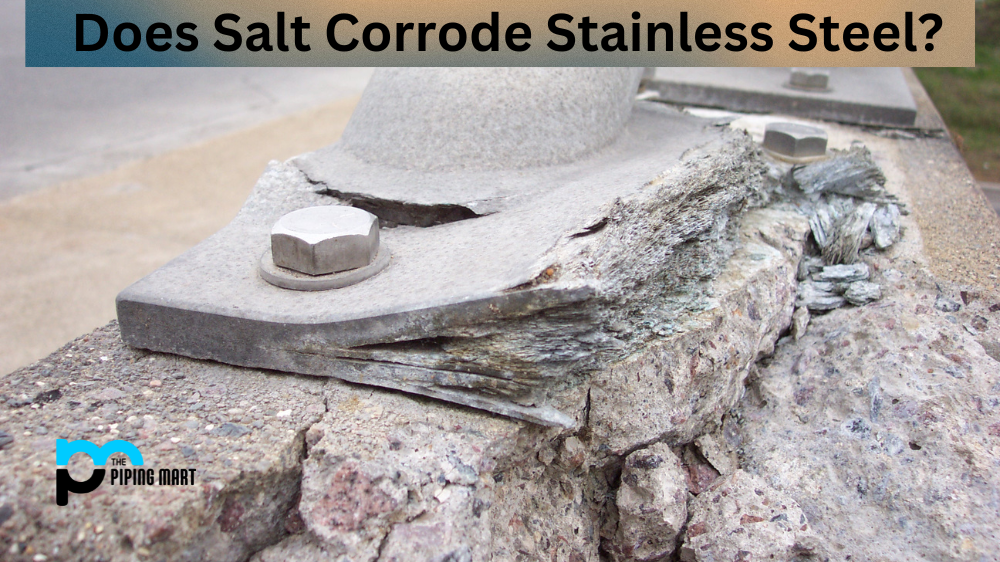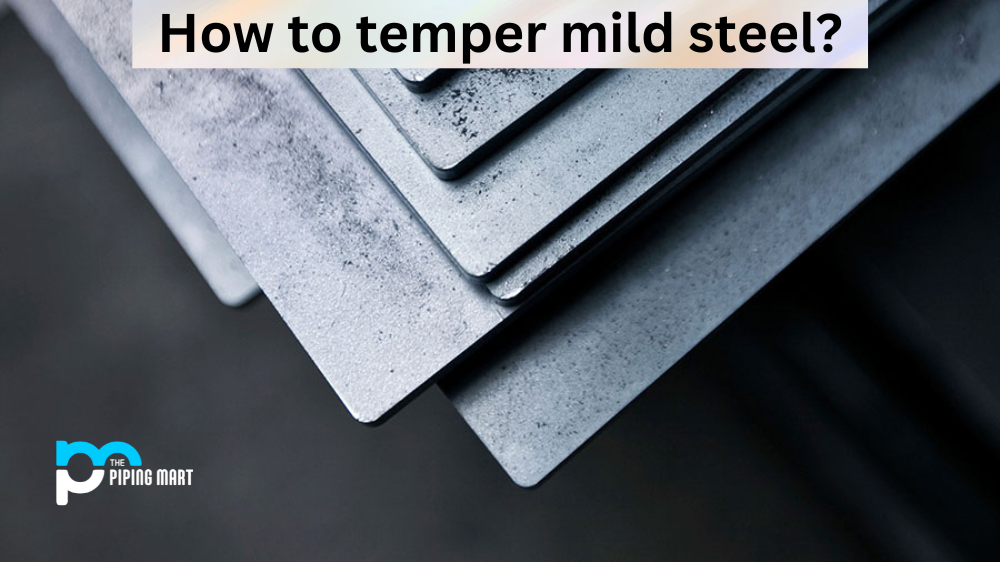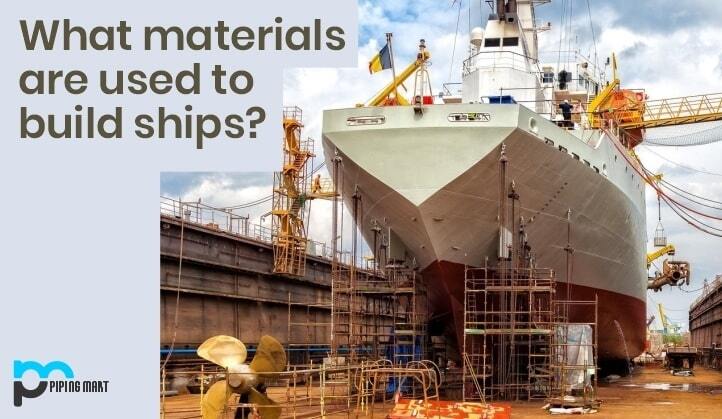You’ve probably heard that salt can be corrosive. But what does that mean, exactly? And does it affect stainless steel? We’re here to investigate and give you the verdict on salt and stainless steel.
Corrosion is the process of deterioration of a material, usually a metal, due to a reaction with its environment. When most people think of corrosion, they think of rust on iron or steel. But corrosion can affect other metals, including stainless steel.
There are many different types of corrosion, but the two most common types are general corrosion and localized corrosion. General corrosion is when the entire surface of the metal is affected evenly. Localized corrosion is when only certain areas of the metal are affected, usually due to factors like chloride ions in the environment.
One of the most common causes of localized corrosion is chloride ion contamination. Chloride ions are found in many places, including seawater, de-icing salts, and chlorinated water. When chloride ions come into contact with stainless steel, they can cause pitting corrosion, which is a type of localized corrosion.
Pitting corrosion is when small holes form on the surface of the metal. These holes can eventually cause the metal to break or crumble. Pitting corrosion is often difficult to detect because it occurs beneath the surface of the metal.
So, does salt corrode stainless steel? The answer is yes. Salt can corrode stainless steel. However, not all types of stainless steel are equally susceptible to corrosion. There are different grades of stainless steel, and some are more resistant to chloride ion contamination than others.
If you’re concerned about salt causing corrosion on your stainless steel surfaces, you can try using a grade of stainless steel that is more resistant to chloride ion contamination. You can also try using a sealant or coating on your stainless steel surfaces to protect them from salt and other corrosive materials.
Conclusion:
In conclusion, yes—salt can corrode stainless steel if chloride ions are present. However, not all grades of stainless steel are equally susceptible to chloride ion contamination. If you’re concerned about salt causing corrosion on your surfaces, you can try using a grade of stainless steel that is more resistant to chloride ion contamination or using a sealant or coating on your surfaces to protect them from salt and other corrosive materials.

Pipingmart is a B2B portal that specializes in metal, industrial and piping items. Additionally, we share the latest information and information about materials, products and various types of grades to assist businesses that are involved in this business.




